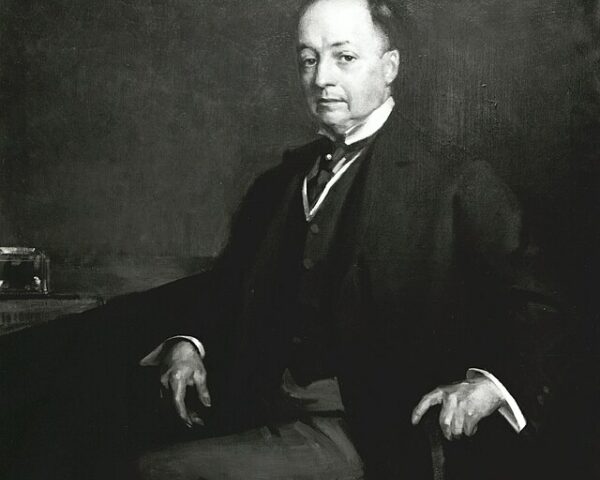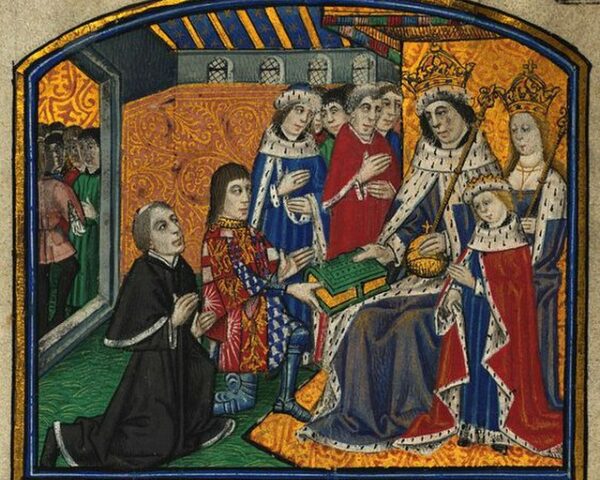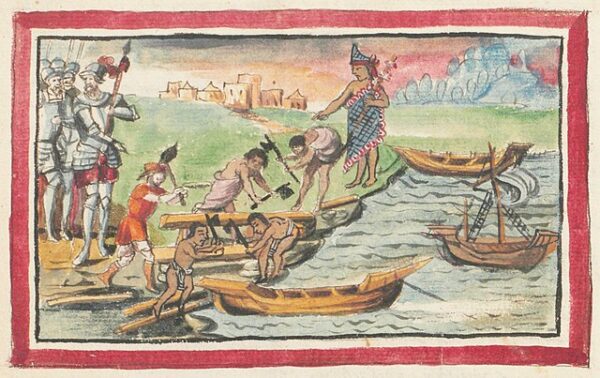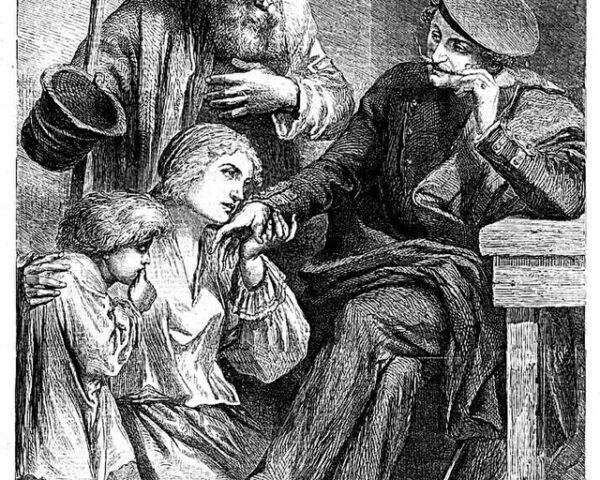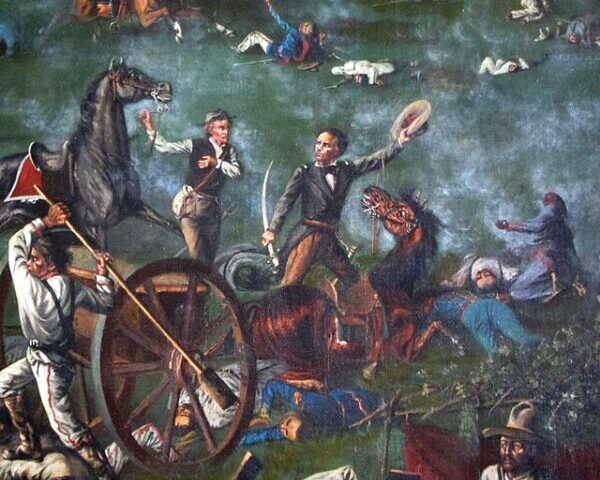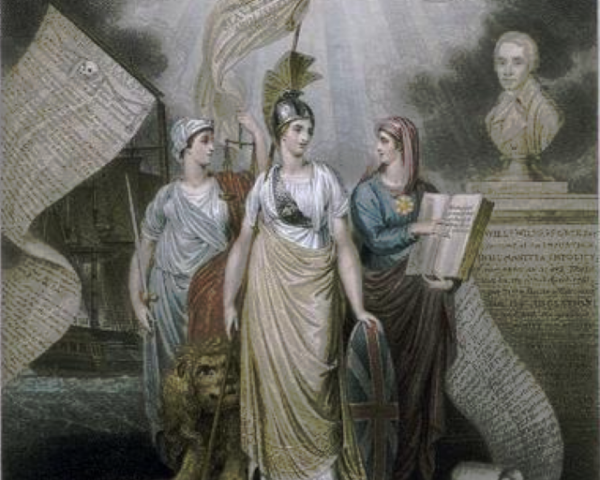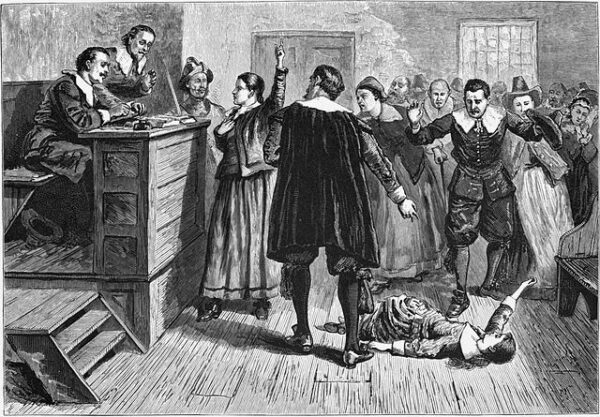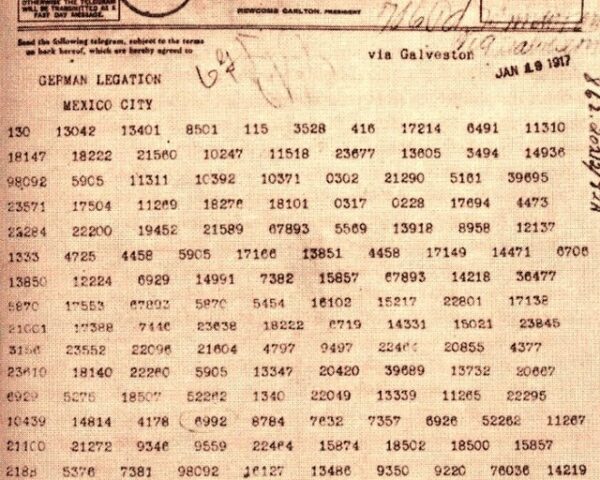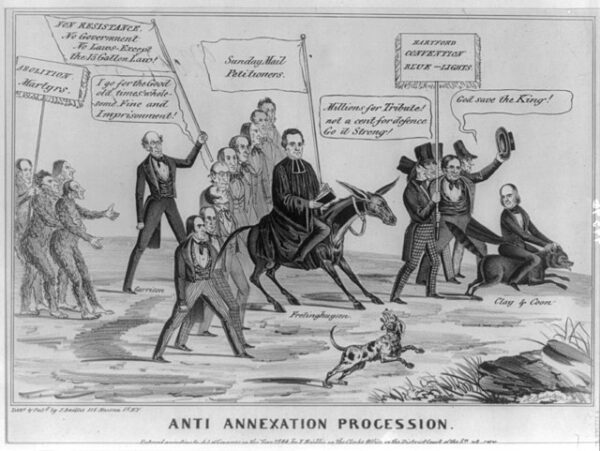On March 4, 1909—the same day he took the oath of office—President William Howard Taft faced an awkward constitutional puzzle. The man he wanted as secretary of state, Philander C. Knox, appeared to be barred from the job by the very document Taft had…
Read MoreThe Wars of the Roses erupted in England during the mid-fifteenth century as a dynastic struggle between the rival houses of Lancaster and York. The conflict stemmed from competing claims to the throne, aristocratic factionalism, and the instability of King Henry VI’s reign. Henry,…
Read MoreOn the fateful day of March 4, 1519, the course of history forever changed when Hernán Cortés, the Spanish conquistador, anchored off the shores of Mexico. His arrival marked the beginning of a transformative and tumultuous chapter that would shape the destinies of Mesoamerica’s…
Read MoreOn March 3, 1861, amid the brittle stillness of a winter-bound empire, Alexander II signed the Emancipation Manifesto and, with a flourish of imperial ink, detonated one of the oldest social arrangements in Europe. More than 20 million serfs—peasants legally bound to noble estates—were…
Read MoreThe events of March 3, 1991, became a defining moment in American history, exposing the entrenched issues of police brutality and racial injustice. That night, an amateur video captured the violent beating of Rodney King by Los Angeles police officers—an incident that ignited widespread…
Read MoreOn March 2, 1836, amid war and uncertainty, delegates gathered at Washington-on-the-Brazos formally adopted the Texas Declaration of Independence, severing political ties with Mexico and proclaiming the birth of the Republic of Texas. The decision came not in peacetime deliberation but under the shadow…
Read MoreIn 1807, Congress passed a law banning the international slave trade to the United States, set to take effect at the start of 1808, as permitted by the Constitution. The debate over this legislation was influenced by economic interests, national security concerns, and fears…
Read MoreOn March 1, 1692, three women were brought before local magistrates in Salem Village, Massachusetts, accused of an invisible crime that would soon convulse an entire region. Their names were Sarah Good, Sarah Osborne, and Tituba. By day’s end, the machinery of accusation had…
Read MoreOn March 1, 1917, Americans learned that Germany had urged our neighbor to attack the United States. The Zimmerman Telegram hit the front page of newspapers and became a turning point in World War I. The telegram, originally sent by German Foreign Minister Arthur…
Read MoreOn March 1, 1845, President John Tyler signed a congressional joint resolution approving the annexation of the Republic of Texas into the United States—an event that profoundly shaped the nation’s territorial growth and foreign policy. The decision marked the culmination of nearly a decade…
Read More

